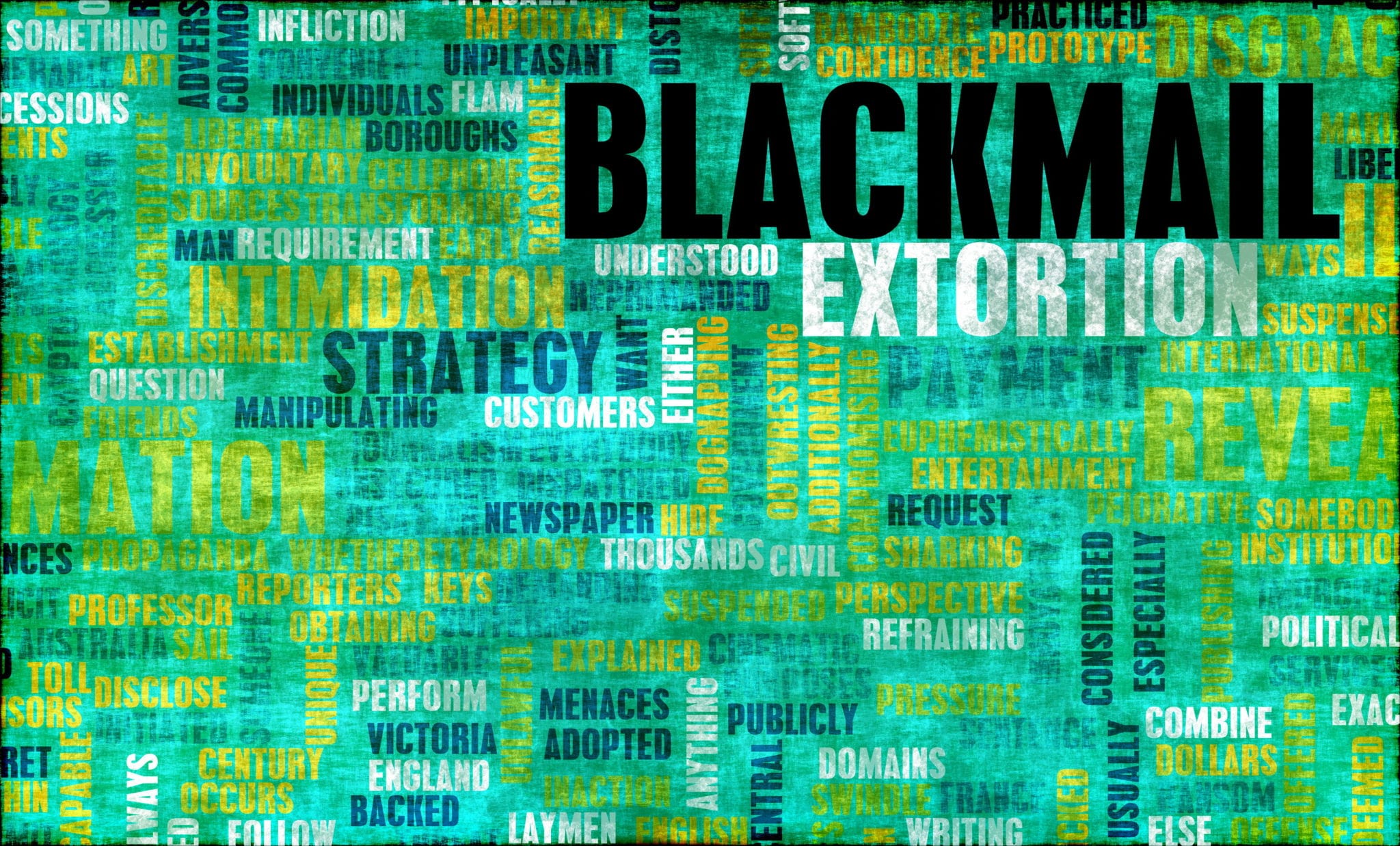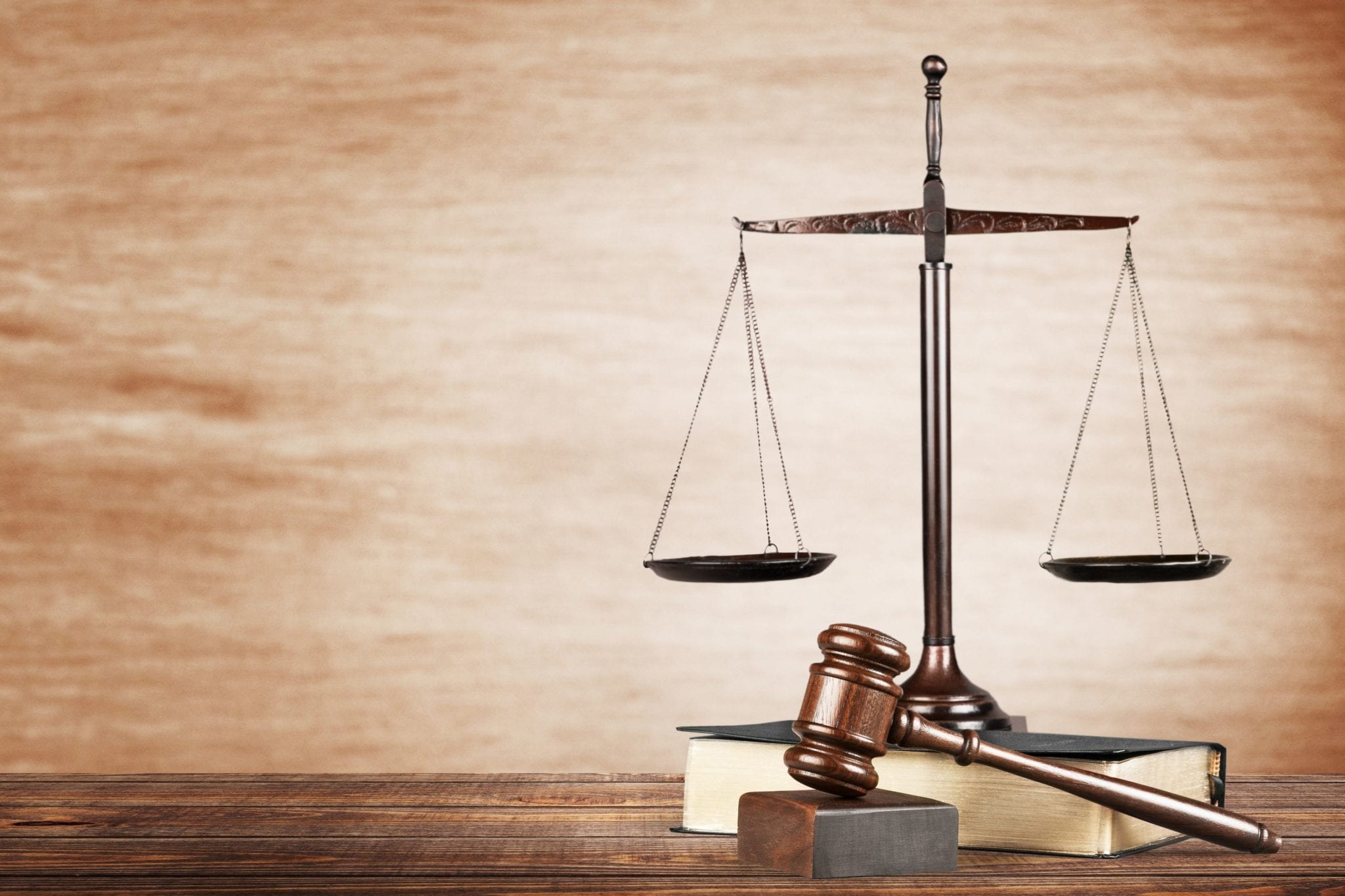If you are facing white collar crime charges in the state of Minnesota, there are any number of offenses that you could be up against. No matter what white collar crime you have been arrested for, though, the penalties are sure to be serious.
If you are going to work with a knowledgeable Minnesota white collar crimes attorney to fight back and protect your good name, it helps to know the details of your specific charge and what strategies are available for your defense.
Let’s start with some of the more common types of white collar crimes.
Defining White Collar Crimes in Minnesota
White collar crimes are defined as being motivated by financial gain and are typically non-violent in nature. These crimes can be divided into categories of fraud, embezzlement, money laundering, and extortion.
Fraud
Charges of criminal fraud can take many forms. Below are just a few:
- Bankruptcy fraud: attempts to conceal reports or destroy assets during bankruptcy proceedings
- Charity fraud: deceit is used to solicit donations to a false cause
- Check fraud: a check is knowingly written with insufficient funds in the account
- Credit/debit card fraud: an individual uses a credit or debit card belonging to someone else, without their consent
- Forgery: an individual falsely signs a document as another person
- Gambling fraud: an individual falsely represents a gambling fact
- Identity theft: an individual sets up accounts or transactions while acting as someone else
- Mail fraud: using mail to seek financial gain from unsuspecting individuals
- Pharmacy fraud: false statements are made about a prescription, or a prescription is switched
- Pigeon drop scams: a premise of finding unclaimed money is falsely facilitated
- Romance scams: a false romantic relationship is built in order to secure financial gain
- Securities fraud: a sale of security that deceives an investor
- Telemarketing fraud: making a false statement on the phone to induce a financial transaction
- Unemployment fraud: an individual uses deceit to collect unemployment benefits
- Wire fraud: a wire transfer is initiated without sufficient funds
Since there are so many types of fraud charges, it’s important to seek legal counsel to understand the specifics of your case.
Embezzlement
A charge of embezzlement can be filed when money that was placed under an individual’s trust is used for funds other than the intended purpose. For example, an administrative assistant is given access to a company bank account to buy office supplies. However, she can be charged with embezzlement if she uses that account to make personal purchases.
Money Laundering
A charge of money laundering can be filed when an individual knowingly transfers money with criminal intent. The transaction is made with an attempt to hide the money or conceal the source from which the money was derived. For example, an individual steals a large amount of money, but deposits it into a bank account in small portions over several months as to not arouse suspicion.
Extortion
The charge of extortion is filed when an individual threatens another person unless they transfer money, property, or services. Extortion can take the form of bribery, racketeering, or blackmail.

For example, a public figure is threatened to be exposed for personal scandal unless they agree to transfer a sum of money.
Defending against White Collar Crime Charges
The following eight defenses may be used to fight white collar crime charges.
- Duress. This defense may be used if the defendant believed they would face danger or harm unless they complied with the order to break the law.
- Entrapment. If the defendant was forced to perform a white collar crime by authorities or officials, this defense may be used.
- Insufficient evidence. If the prosecution cannot come up with enough evidence to prove the charges are legitimate, the case may be dropped.
- Limitations. The charges must be filed within the statute of limitations for that particular offense. If the paperwork was delayed or the offense was not discovered for some time, this defense may work.
- No fraudulent statement. This defense may be used if statements were made but are not proven to be fraudulent.
- No intent. If the defendant can present evidence that he or she never intended to commit the crime, but was acting in good faith without knowledge of criminal activity, this defense may be accepted.
- Nolo contendere. With this plea, a defendant does not enter a plea of innocence or guilt. The judge and jury make a decision based on the evidence presented.
- Incapacitation, intoxication, or insanity. This defense may work if you can prove beyond a reasonable doubt that you were unaware of your involvement in criminal activity due to physiological factors beyond your control.

To build a solid case against your charges, reach out to a skilled Minnesota criminal lawyer as soon as possible. An experienced attorney will know the best strategies for your particular situation, and give you the best chance at protecting your livelihood and reputation.
About the Author:
Christopher Keyser is a Minneapolis-based criminal and DWI defense attorney known for fighting aggressively for his clients and utilizing innovative tactics to get the most positive results. He has been featured in numerous media outlets due to the breadth and depth of his knowledge, and recognized as a Minnesota Super Lawyers Rising Star (2014–2015), a Top 100 Trial Lawyer (2013–2015), and a Top 40 Under 40 Attorney (2013–2015).






